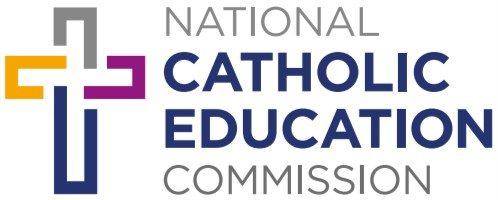This time last year, Australians were considering the referendum for a Voice to Parliament for First Nations people as called for in the Uluru Statement from the Heart.
While the referendum was rejected in its proposed form, the urgent need for reconciliation, justice and healing for Aboriginal and Torres Strait Islanders is not diminished.
As we celebrate National Reconciliation Week (see story), we are reminded in this year’s theme, ‘Now more than ever’, that the rights of our First Peoples are of paramount importance if our country is to find justice and healing.
This includes improving outcomes for First Nations children and young people who are continuing to fall behind in education, health and wellbeing measures.
Only five of the 19 Closing the Gap targets are on track. For children and young people there is progress in the provision of quality early childhood and healthy birth weight which are both on track, and some improvement in Year 12 attainment rates, but for children being developmentally on track when they commence school; young people engaged in employment or education; or meeting their potential through further education pathways; and other targets, are not on track to be met.
We know across all sectors that student learning outcomes have been declining on NAPLAN and PISA testing. No more so than for Aboriginal and Torres Strait Islander students, and for those in remote areas.
As Reconciliation Australia (RA) states in their introduction for this year’s Reconciliation Week, “there have been many moments in Australia’s reconciliation journey that make us want to turn away. But when things are divisive, the worst thing we can do is disengage or disconnect”.
In education we can at times feel the enormity of the task before us and believe it is too overwhelming to accomplish, but when things seem insurmountable we too are called to become more engaged, to connect, to collaborate and to be open to challenge our current thinking and practice.
In the Uluru Statement from the Heart, Makarrata is the Yolngu word for the coming together after a struggle. The statement says Makarrata captures the “aspirations for a fair and truthful relationship with the people of Australia and a better future for our children based on justice and self-determination”.
As educational communities we can come together to work with First Nations’ communities to address the challenges their children and young people and improve outcomes in educational, health and wellbeing, as part of working towards reconciliation, justice and healing.
Jacinta Collins
National Catholic education executive director
Photo: Students from Sacred Heart Primary, Beagle Bay. Photo Matt Biocich, Catholic Education Western Australia.
